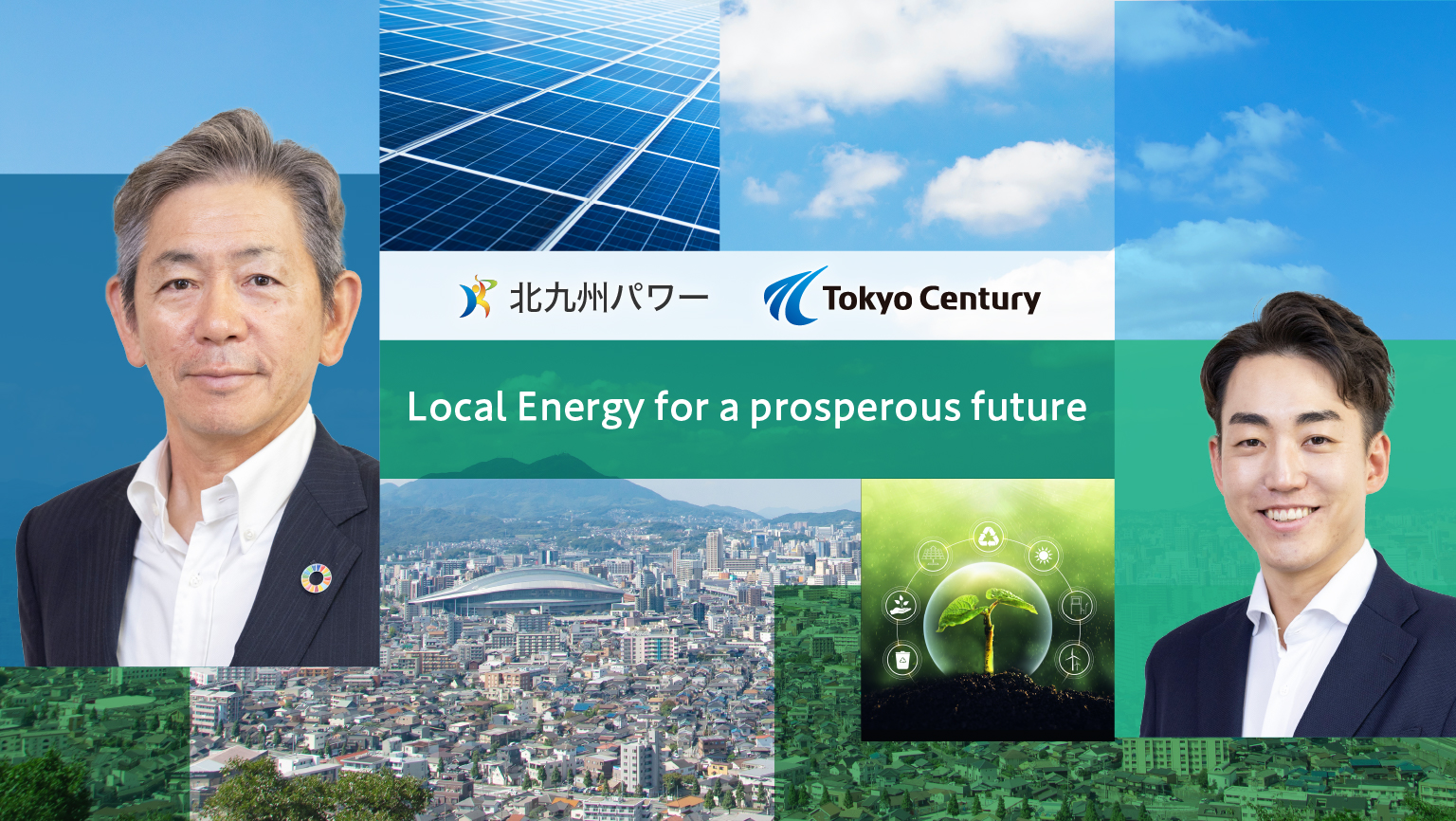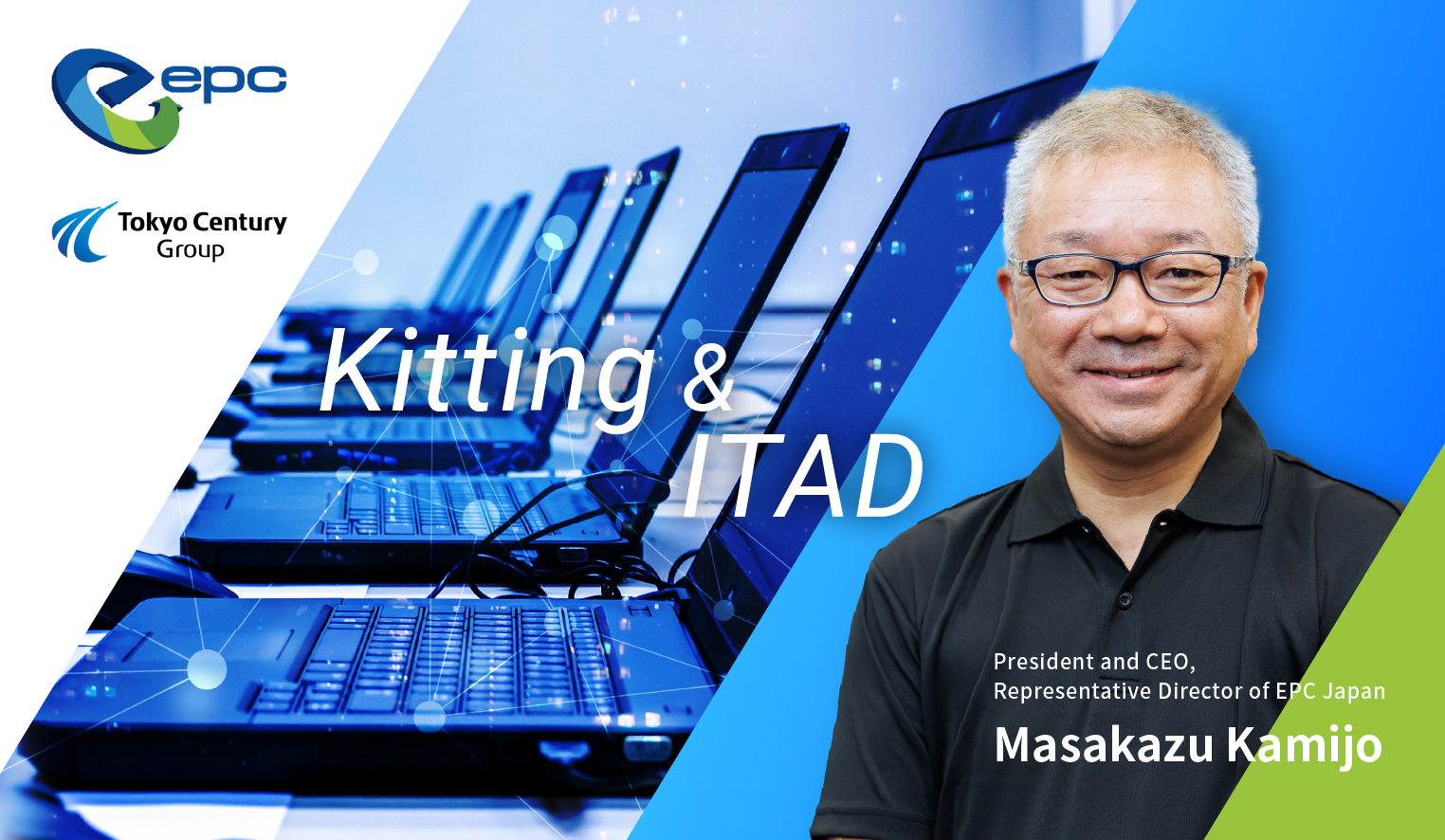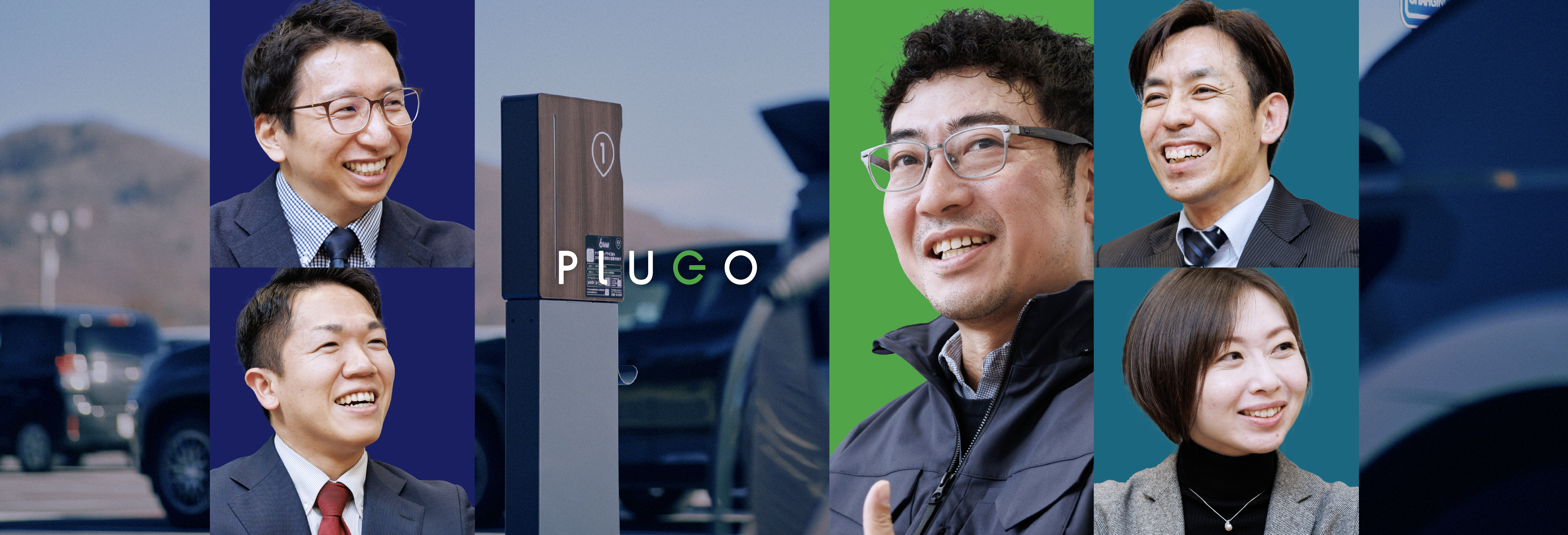
PLUGO’s Solution to the Challenges Faced by Charging Nomads: Transforming EV Charging through Hardware, Software and Design Innovation
Apr 5, 2024
The widespread dissemination of EVS depends on having an ample number of charging stations, and PLUGO Inc. is going a step further to design and develop EV chargers from the perspective of the total user experience. Since concluding a capital and business alliance with Tokyo Century in January 2023, the company has been rapidly developing a business for establishing a new social infrastructure. Here is an interview with Mr. Naoki Okawa, Representative Director & CEO of PLUGO, and a roundtable discussion among four partners promoting the business.
Designing a Charging Experience to Transform Conventional EV Charging
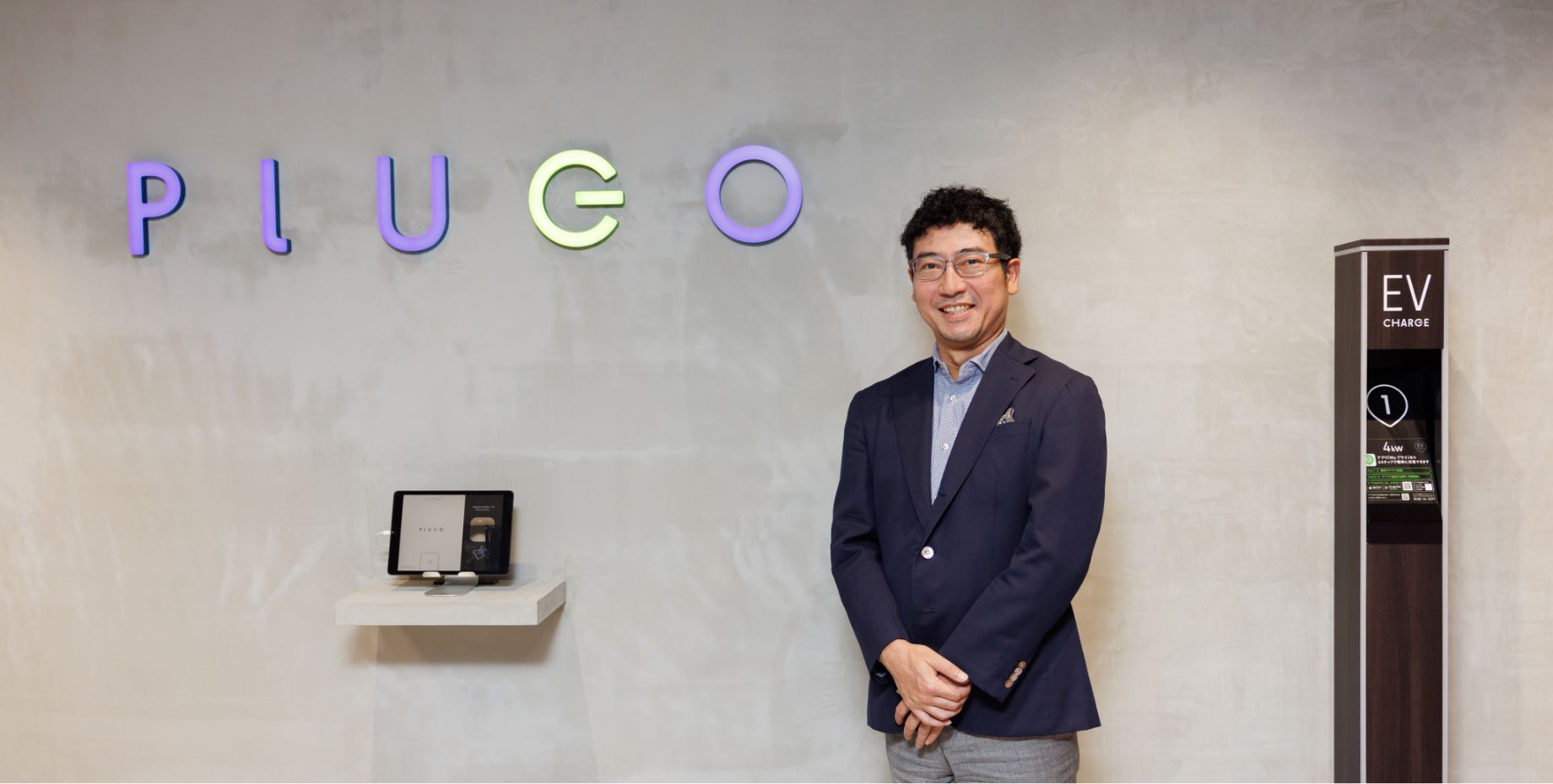
CEO Okawa of PLUGO at the entrance of its new office
――Could you begin by talking about PLUGO’s business?
Okawa: PLUGO was founded in July 2018 to develop and sell EV charging stations. While working in my family’s business in the mobility industry, I was well aware of the trend toward electrification. Then, as I reviewed the status of charging stations essential for the widespread use of EVs, I found that beyond the overall lack of stations, too many that were available were difficult to use or didn’t have options that users wanted. So, I decided to enter this field as a way to contribute to society with an emphasis on designing the charging experience and not simply producing more stations.

PLUGO’s regular charger
――What do you mean by designing the charging experience?
Okawa: EV users have typically been concerned about not knowing the locations of charging stations, whether they would have to wait in line to begin charging, and not even knowing how to use them in the first place. We address these concerns by providing an app with search and reservation functions. Also, we are applying the strength of our comprehensive business model to make life with EVs easy and convenient and thereby popularize them.
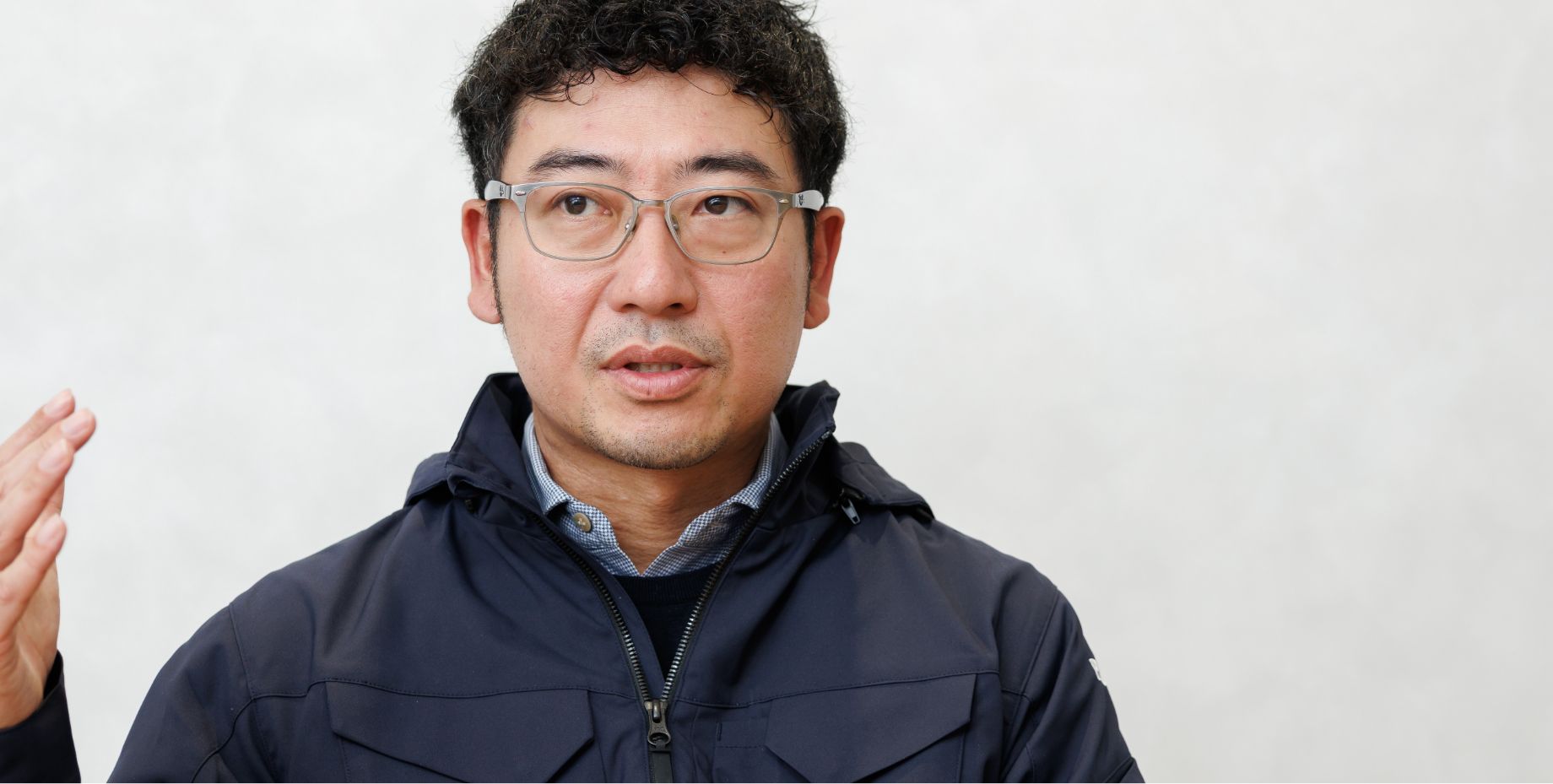
CEO Okawa: To state this as boldly as possible, we intend to design the overall experience of charging
so that users feel it doesn’t take any time at all.
――Where are PLUGO’s EV charging stations?
Okawa: We installed the first unit at a golf course in Ibaraki Prefecture and have subsequently been installing them at hotels and commercial establishments. It will still take some time before the dissemination of EV charging stations approaches the density of one charger per household, including single-family homes and apartment complexes. According to a EV usage survey, about 40% of EV users in urban areas are “charging nomads,” who do not have charging facilities at home nor the opportunity to recharge every day.
That’s why we’re currently focusing on expanding the number of EV charging stations at commercial establishments and other sites within the range of daily activities as an alternative to the “one charger per household” vision. We are increasing the number of places where charging can easily become a routine part of daily life while shopping or dining. We also support charging during trips away from home, such as at hotels and leisure sites, so that people can recharge their EVs while sightseeing. Being able to productively spend the time it takes for EVs to charge is a satisfying solution for EV users and delivers value to facilities that host charging stations by attracting new customers and boosting the ratio of repeat customers.
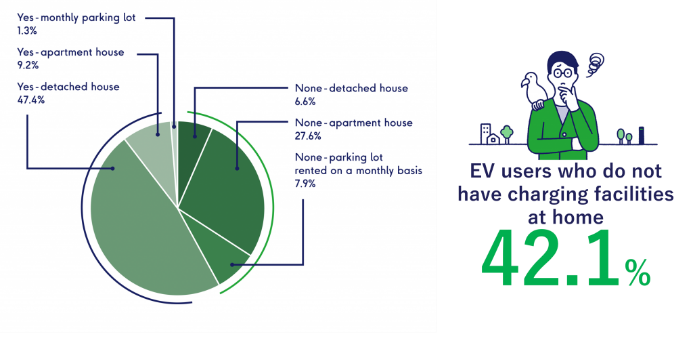
Survey of EV Users Who Use Charging Stations
Partnering to Lead in the Provision of New Social Infrastructure
――What is your current understanding of the EV market in general, domestically and overseas?
Okawa: Many start-ups in Europe and the United States have been participating in the development and the installation and operation phases of meeting EV charging needs, with the backing of automobile manufacturers, oil companies, and electric power companies as an established framework.
The level of effort in China almost seems to be promoting EVs as a national policy, and it can’t be denied that Japan’s EV market is lagging behind.
Nevertheless, Japanese automakers have been accelerating the pace of EV development, and the government has boosted its target for installing EV charging capacity by 2030 from 150,000 units to 300,000 connectors, along with expanded subsidies, so I see growing momentum. There are currently around 30,000 EV charging connectors in Japan. We hope to play our part in meeting the goal of 300,000 connectors by 2030, even if the number we can contribute is relatively small. We’re primarily focused on improving the quality of the charging experience, and we want to achieve both quantity and quality by effectively installing units where needed.
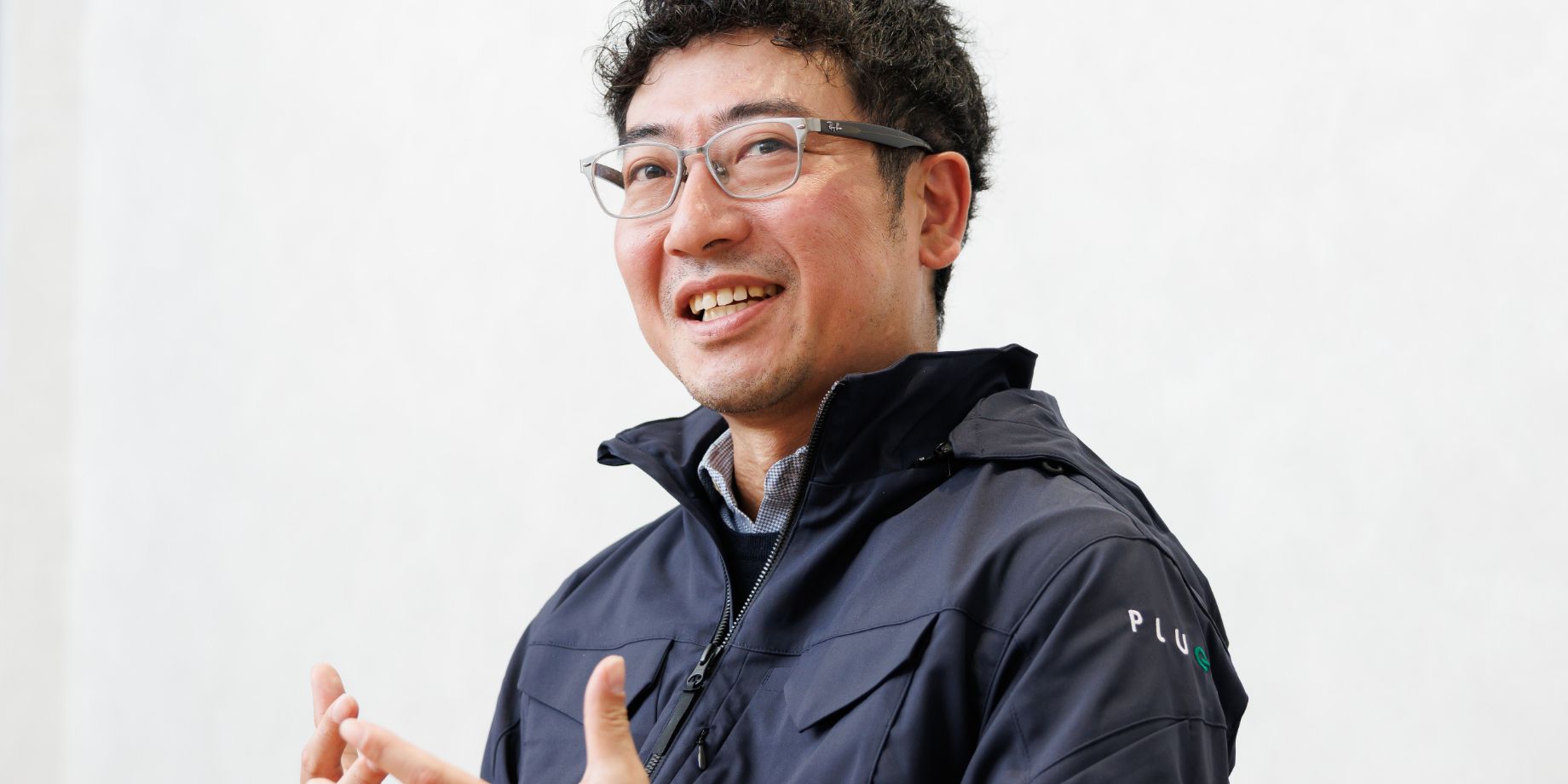
CEO Okawa: By improving the quality of the EV charging experience, we want to encourage EV and charger use to create the dynamic cycles of an ecosystem, which in turn will broaden their popularity.
――Thank you very much. Could you conclude your comments by explaining your future business plans?
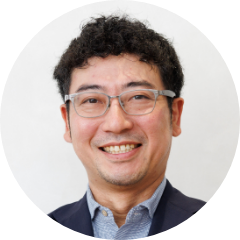
Okawa
The dissemination of EV charging stations, of course, depends upon the growing popularity of EVs and PHEVs. Although EV and PHEV diffusion rates have been trending upward over the past few years, they still account for just over 1% of new car sales.
To further activate the entire market, we’re also developing service businesses for corporate customers, such as providing EV charging stations and apps through white labeling*.
While EVs and charging stations are essential for realizing a sustainable society, we can’t directly implement this new social infrastructure on our own. So, we’ll continue to lead the way in meeting the challenge of establishing infrastructure, including sites where charging stations are installed, commercial facilities, restaurants, and mobility-related companies, all associated with our business model, by working with our many partners, like Tokyo Century.
*The practice by which the developer and manufacturer of a general-purpose product or service allows another company to sell the product or service under their own brand.
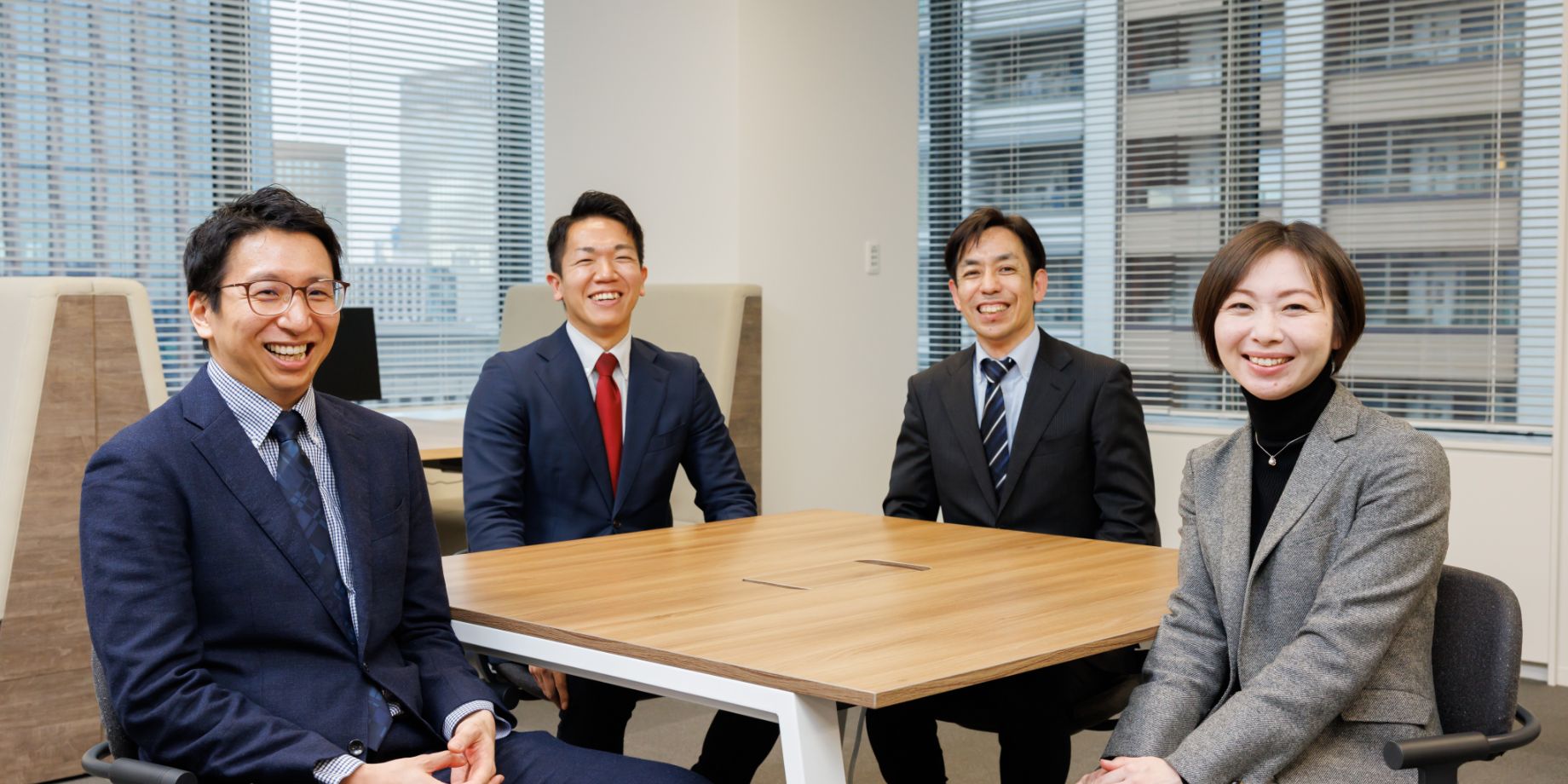
From left: Mr. Sasaki and Mr. Hada of PLUGO and Mr. Suzuki and Ms. Watanabe of Tokyo Century
Deciding to Collaborate on the Landscape-Compatible Design of EV Charging Stations and High-Quality Apps
――Could you share the background of the capital and business alliance between the companies?
Sasaki (PLUGO): PLUGO is a start-up company, so from the very beginning of our founding we recognized that our financial concerns directly reflected the challenges we faced in developing EV charging stations and the app. As we sought suitable partners, Tokyo Century was introduced to us as a company with a wealth of mobility-related knowledge, and that was the starting point for our collaboration.
We first met in October 2022, and you then moved quickly to reach the deadline for this round of investment—about two months, essentially. So let me ask again, what was the deciding factor behind your investment?
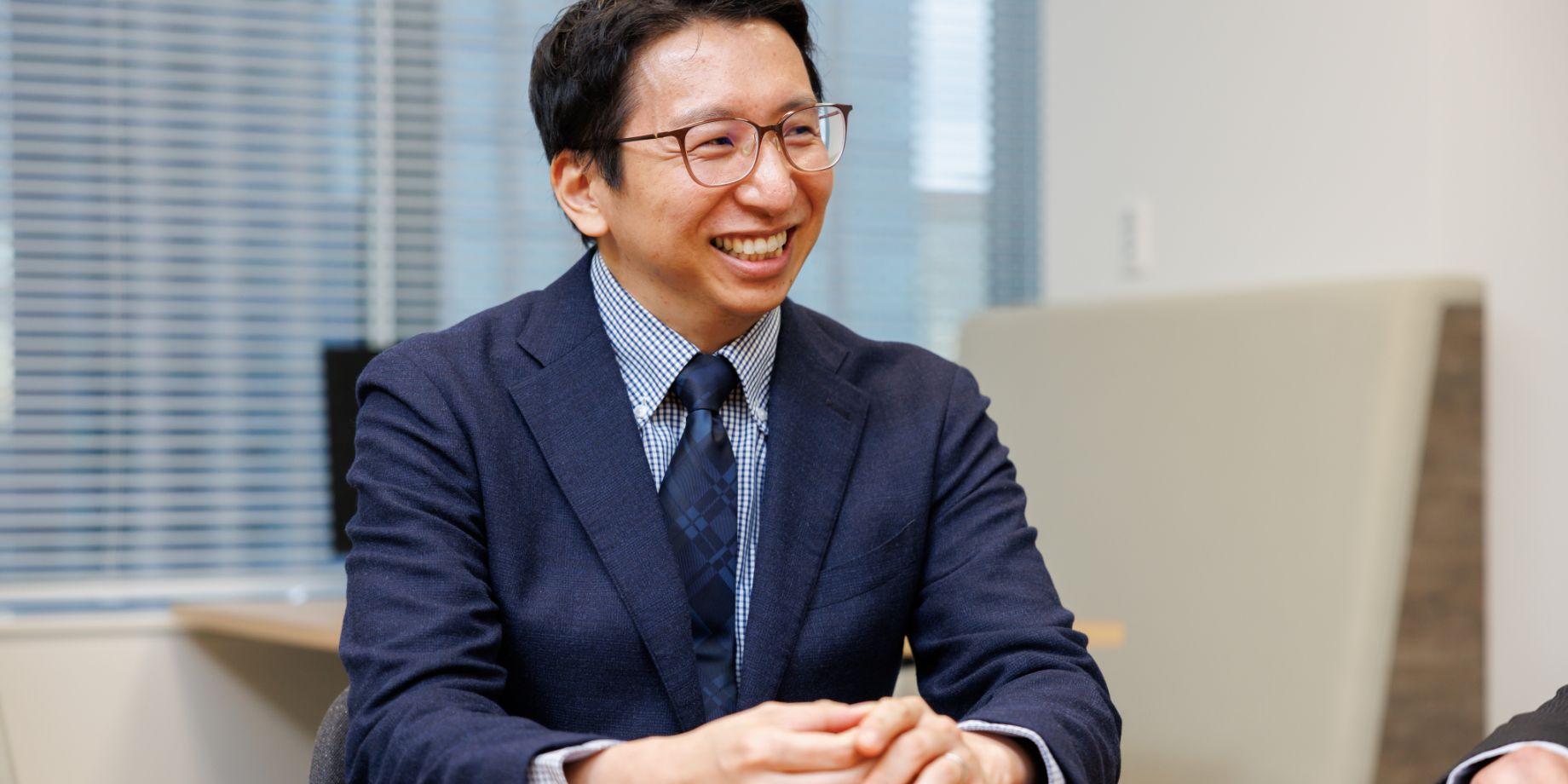
Mr. Sasaki: Our management policy is based on co-creation, advancing projects with partner companies
who acknowledge the value of our business model .
Suzuki: Things developed quite fast, didn’t they? To me, it seemed like the effort had suddenly launched right after I joined the company. This round of investment was at an early stage with a deadline only two months away, so we were aware of the need to move fast to consider it. In developing Tokyo Century’s automobility-related business, we focused on three components of the value chain that we had long emphasized: “the widespread use of EVs,” “the associated widespread use of EV charging stations,” and “exit strategies after the lease period expires,” including the reuse of batteries. I was extremely lucky to discover PLUGO as a company engaged in one of these components, soon after joining the organization; that was a big event for me.
In addition, for me personally, the design of the EV charging stations provided by PLUGO was also a major deciding factor. That was largely because I felt that users who are particular about their automotive lifestyle would be pleased by the characteristic wood-grain design that blends into the landscape and the easy-to-use reservation app.
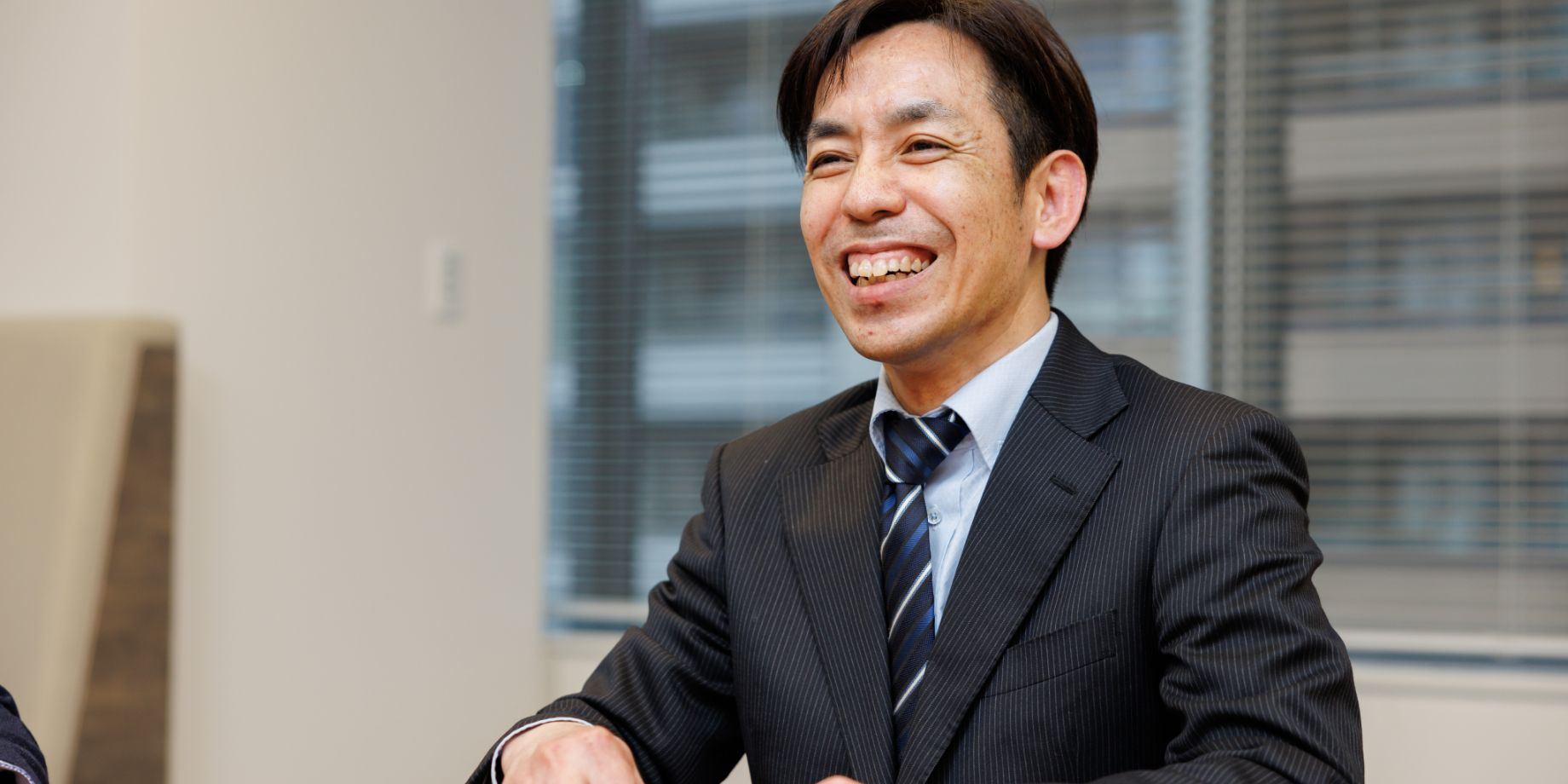
Mr. Suzuki: The first people I met after joining Tokyo Century were CEO Okawa and Mr. Sasaki of PLUGO,
so I still feel a strong connection with them and remember that time clearly.
What Must Be Considered in the Installation of EV Charging Stations to Enhance the EV Charging Experience?
――How have you actually been collaborating after the agreement was concluded?
Hada (PLUGO): Our first project was a proposal to Benefit One Inc., a company that provides welfare services. We’re now developing proposals with multiple companies, including a major automaker, which has led to gaining practical know-how on installing EV charging stations.
Watanabe: There are a number of possible scenarios for introducing chargers as well as how and where to use them. In my conversations with customers about selecting a standard or rapid charger, for example, I always discover how widely requirements such as construction conditions and app settings vary from customer to customer. I gained valuable insights for the future of our collaboration from the many challenges Mr. Hada and I, along with our partner companies, came through together. This project taught me about the issues and requests from companies and facilities associated with the installation and operation of EV charging stations and how we can satisfy them. I feel that I now have more options for future proposals.
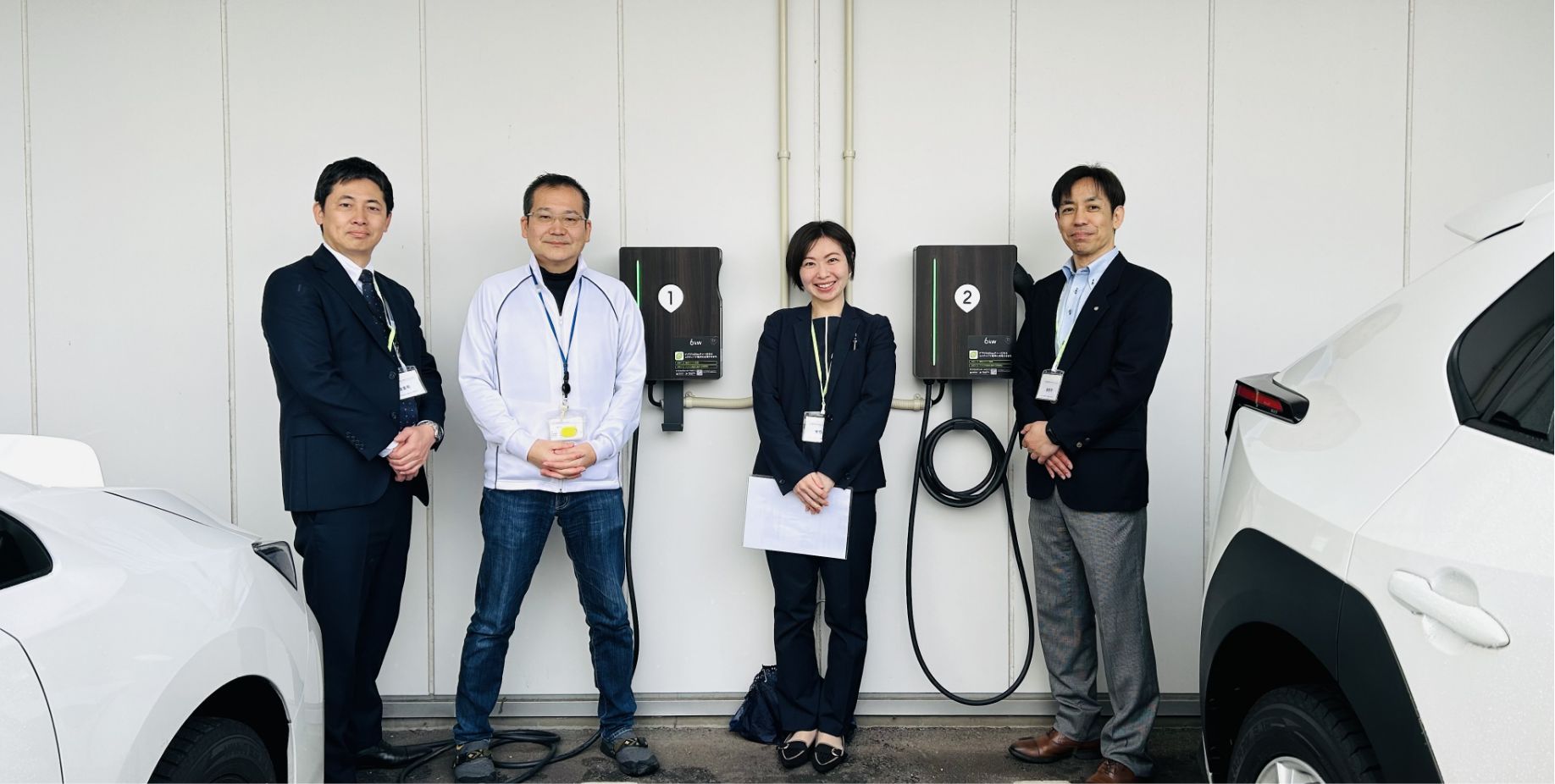
Following the installation of EV chargers at Benefit One Matsuyama BPO Center (from left): Mr. Inoue of Tokyo Century, Mr. Kimoto of Benefit One, Ms. Watanabe and Mr. Suzuki of Tokyo Century
――As someone involved in the field, how do you view the benefits of collaboration?
Hada (PLUGO): PLUGO now has nearly 50 employees, but when the agreement was concluded, we had less than 20, which along with our short history as a company has also made it difficult to establish contacts with external parties in developing our business. I feel that having the opportunity to make proposals to renowned companies was a significant benefit of our collaboration.
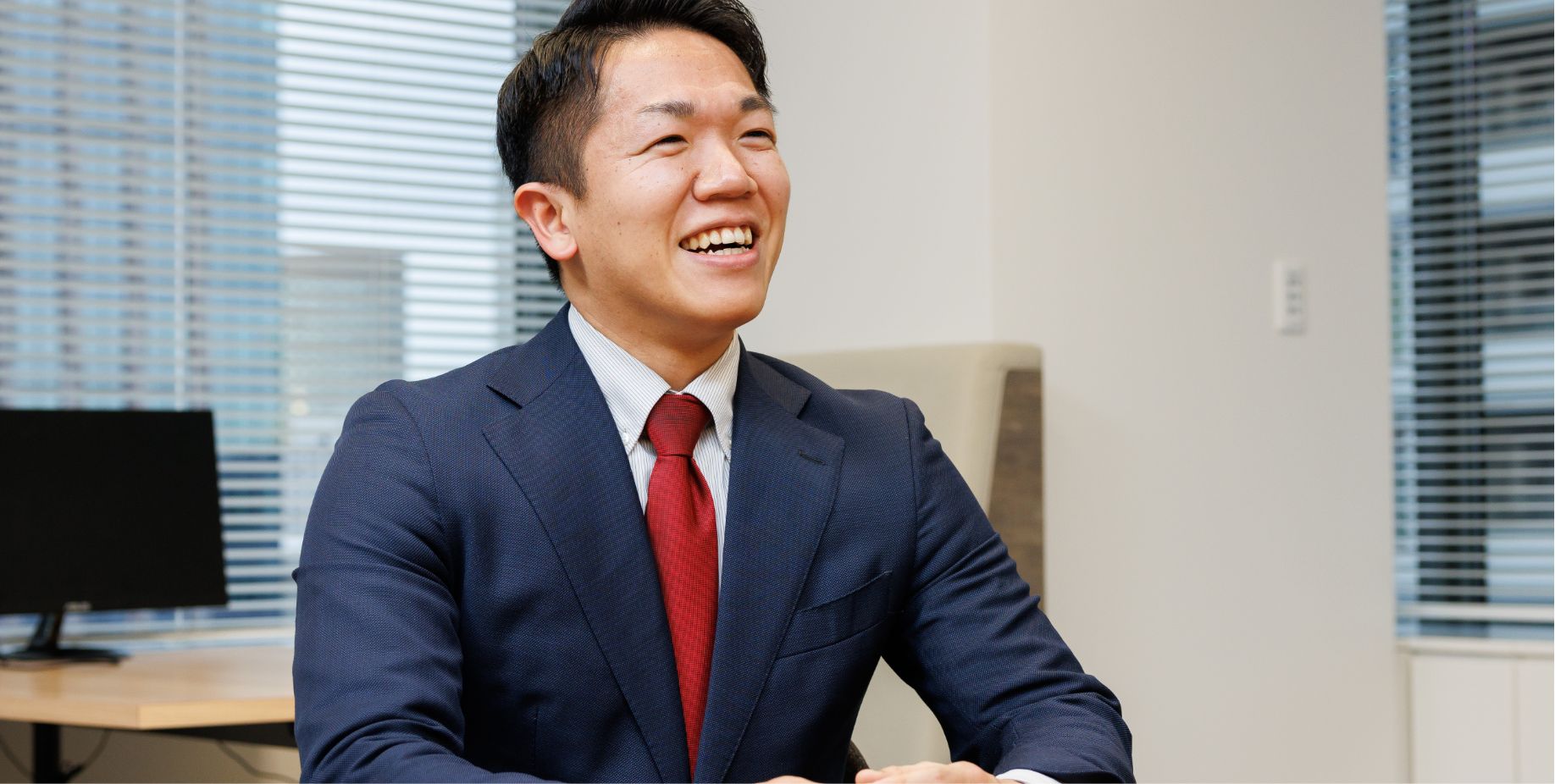
Mr. Hada: As our customers use our service on a daily basis, we are constantly improving the user experience.
The QR code payment, which doesn’t require users to sign up for an account, is what we provided In response to customer requests.
Watanabe: In order to respond to the requests of customers who are considering capital investment, we must cooperate with manufacturers, sales companies, and service providers in preparing proposals to customers, because Tokyo Century doesn’t have their products and services to take into account. Since PLUGO can provide an all-in-one service from the development and sale of chargers to the provision of the app, we hope our collaboration will lead to the creation of different business models.

Ms. Watanabe: I feel that working with a start-up like PLUGO becomes meaningful as additional opportunities open up after introducing them. Looking ahead, I’d like to accelerate our collaborative efforts.
Contributing to the Environment while Leveraging Respective Strengths
――What do you want from each other for developing business?
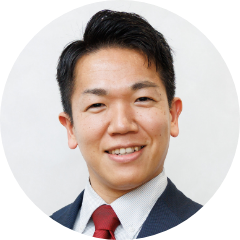
Hada (PLUGO)
At PLUGO, we’re doing the EV charging station business as a necessary component for establishing the social infrastructure of a sustainable society. I think we’d mutually benefit from further expanding our circle of partner companies and accelerating our business through collaboration with Tokyo Century.
PLUGO has products and services that can’t be reproduced by other companies, while Tokyo Century has a business scheme that provides a framework or structure. We’d like to continue to respond to every unique customer requirement by leveraging the respective strengths of both companies.
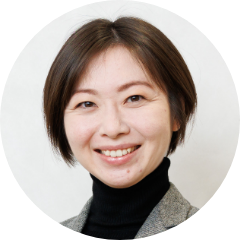
Watanabe
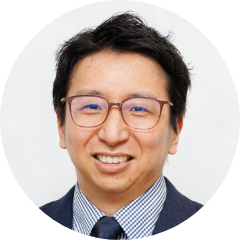
Sasaki (PLUGO)
PLUGO’s business begins after EV charging stations are installed. I look forward to continuing to collaborate with our partner companies to consistently raise the quality of the charging experience by capitalizing on the actual experiences of users, as a contribution to social infrastructure and to drive organizational growth.
Tokyo Century already has a strong track record in mobility-related businesses, such as rental cars and auto leasing, and is also developing environmentally sound ventures, such as solar power generation. PLUGO is promoting Japan’s first “green charging” initiative, which certifies that EV charging is powered by renewable energy sources such as solar and wind power.
EV charging is not limited to running a car but also has great potential as a power source for supplying surplus electricity to residences and commercial buildings. In order to develop and establish social infrastructure for EV charging services toward the widespread use of EVs, we’d like to mutually exchange information and seek further development with an eye on the future.
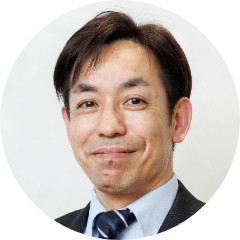
Suzuki


Naoki Okawa
Representative Director & CEO, PLUGO Inc.
Joined Dentsu Inc. in 2002. After working in the marketing department of the telecommunications carrier, he was transferred in 2007 to its subsidiary, Interactive Program Guide Inc. (now IPG Inc.) , where he promoted new business related to the convergence of broadcasting and communications. In 2010, he joined his family business, Okawa Screw Manufacturing Co., Ltd. , and after establishing a subsidiary in Mexico, among other projects, he became president in 2018. In July of that year, he founded PLUGO Inc. In 2021, he retired from his position as President of Okawa Screw Manufacturing and has since been focusing on managing PLUGO.

Shinichi Sasaki
Senior Manager, Corporate Unit, PLUGO Inc.
Joined the company in April 2021. He was engaged in the launch of operations related to finance, accounting, and personnel recruitment at PLUGO, which was in the process of fully launching its business at the time. He promoted a capital and business alliance with Tokyo Century. With the expansion of PLUGO’s business, he is now in charge of personnel recruitment and accounting.

Yuki Hada
New customer Development Sales Team, PLUGO Inc.
Joined the company in April 2023. He is engaged in sales operations related to charger installation and is working with partners, including major retailers, to increase the number of installations and promote sales agency operations.

Kohei Suzuki,
Senior Manager, Next Generation Automobility Business Division, Tokyo Century Corporation
Joined a major automobile manufacturer as an engineer and was engaged in EV development. He then built a career in overseas marketing and global product strategy and later worked in business strategy at an automobile manufacturer-affiliated trading company before joining Tokyo Century Corporation in October 2022 as a mid-career employee. He is currently working on creating new businesses in the field of automobility, such as EV charging services and automated driving, in the Next Generation Automobility Business Division.

Yukiko Watanabe
Metropolitan Tokyo Business Division III, Tokyo Century Corporation
Joined the company in 2015. As a new graduate, she was assigned to the Metropolitan Tokyo Business Division V, where she mainly handled clients in service industries (jewelry, apparel, and equipment rental) and major law firms in Tokyo’s Minato Ward. In 2020, she was transferred to the Metropolitan Tokyo Business Division III, where she deals with clients from listed companies to unlisted SMEs in the Shinjuku area and exchanges information with banks and suppliers of leased properties.
Note: The contents of the article and the position titles are current as of the date posted.
RECOMMEND ARTICLES
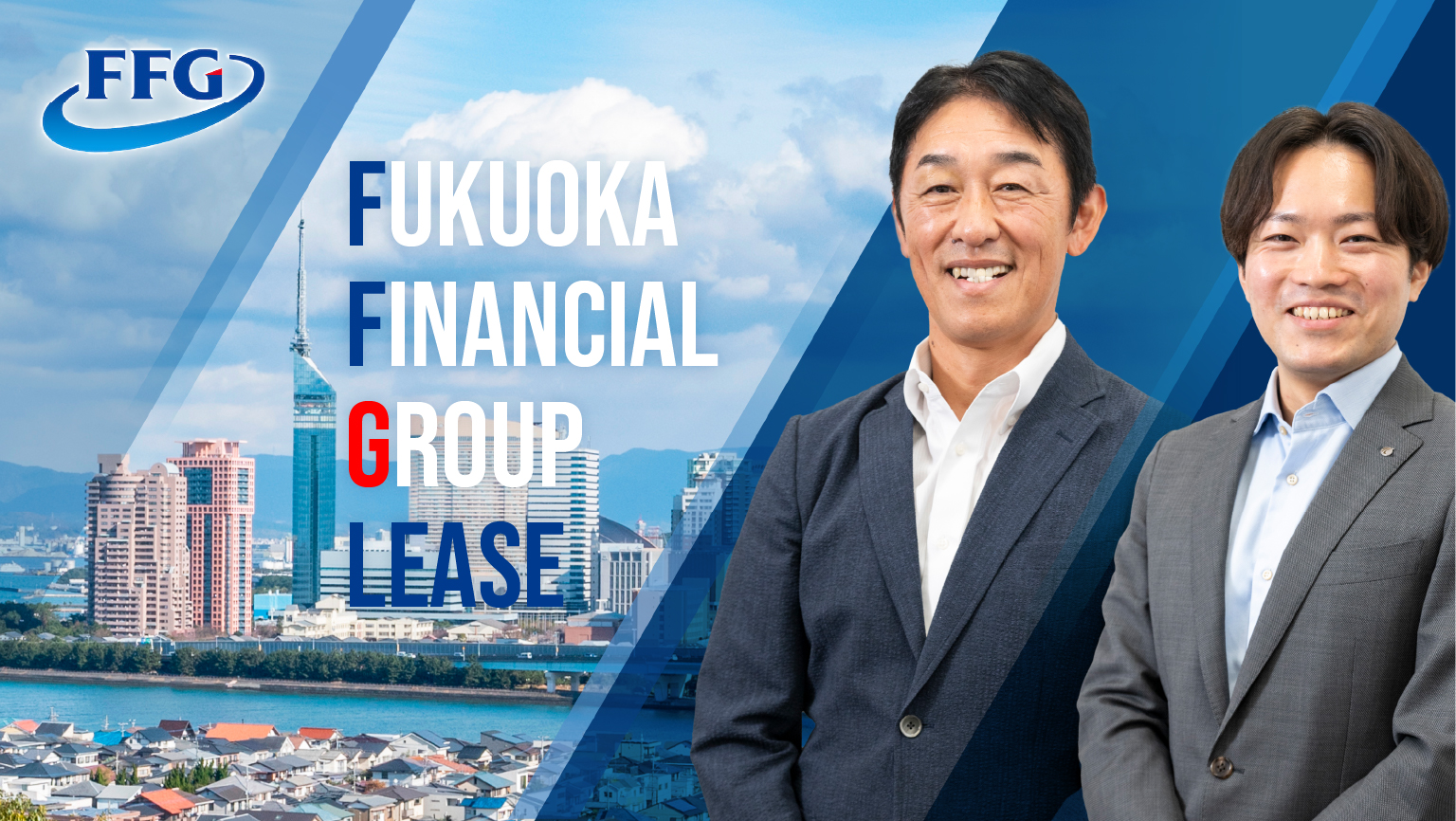
Feb 3, 2025
In March 2022, Tokyo…
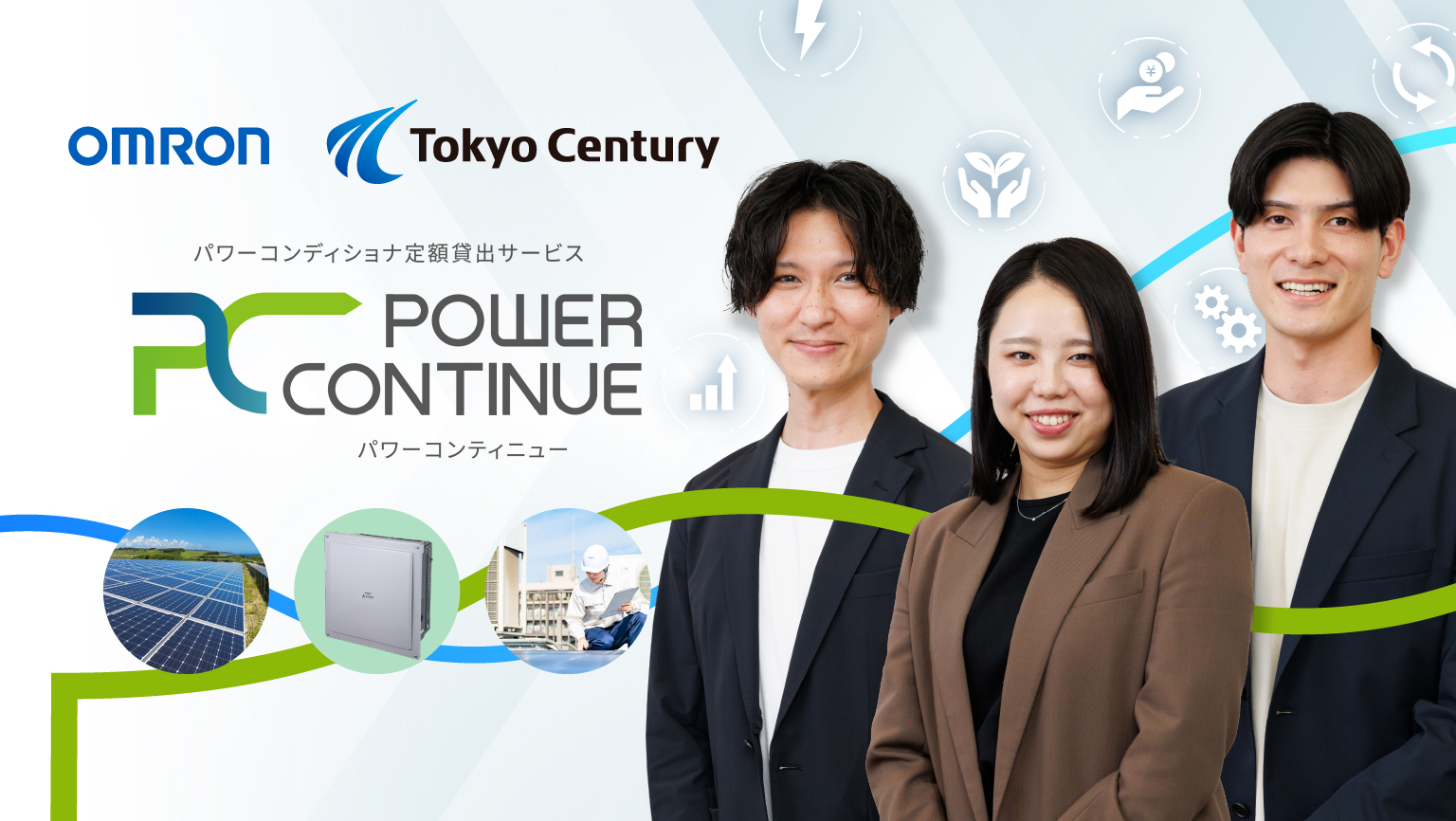
Jan 23, 2025
Operating a solar po…
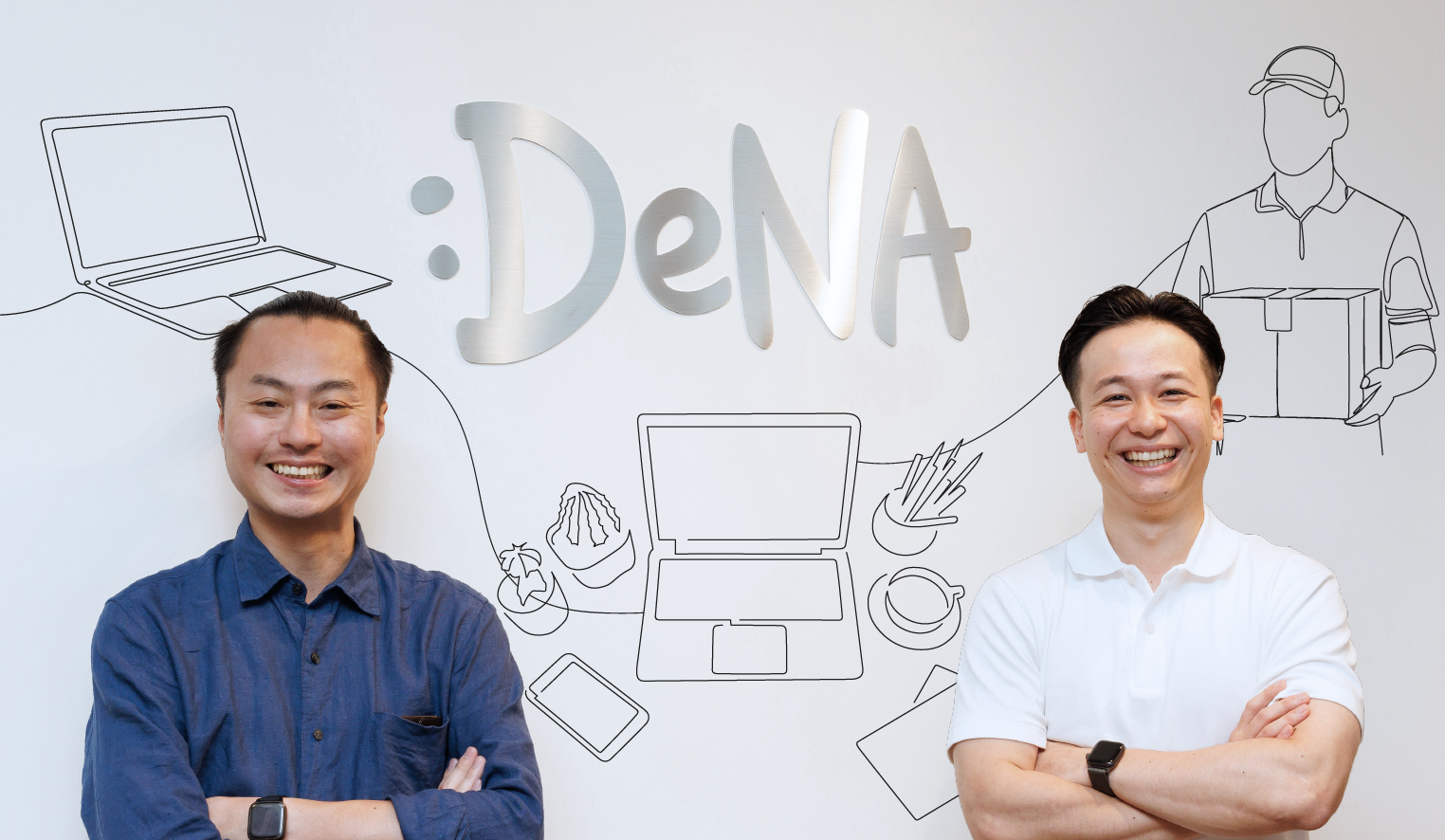
—How Life Cycle Management Service Supports DeNA’s QCD
Jul 31, 2024
Committed to enhanci…


